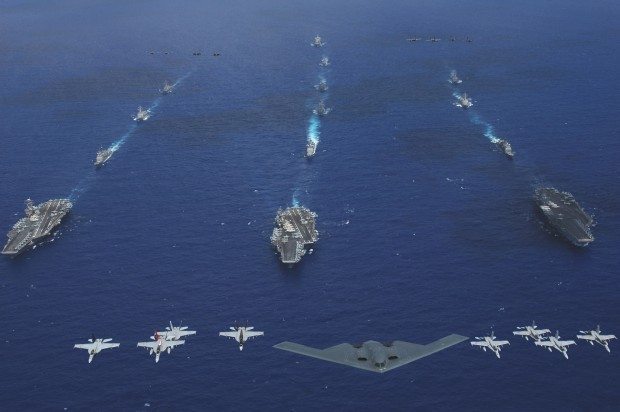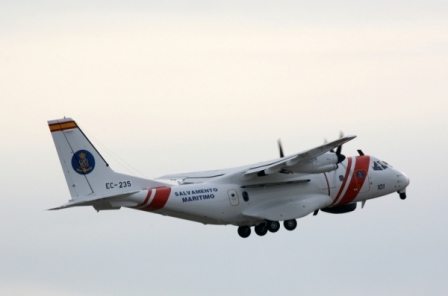Iranian leaders must understand that the international community will ensure the Strait of Hormuz at the mouth of the Persian Gulf will remain open, the American and British defense secretaries said here today.
For years, various Iranian leaders have threatened to shut the passage — a crucial international waterway through which passes roughly 25 percent of the world’s oil.
“The Iranians need to understand that the United States and the international community are going to hold them directly responsible for any disruption of shipping in that region — by Iran or, for that matter, by its surrogates,” Defense Secretary Leon E. Panetta told reporters at a joint Pentagon news conference with British Defense Secretary Philip Hammond.
“The United States is fully prepared for all contingencies here,” Panetta added. “We’ve invested in capabilities to ensure that the Iranian attempt to close down shipping in the Gulf is something that we are going to be able to defeat if they make that decision to do that.”
Hammond reinforced Panetta’s comments, saying forces of the United Kingdom will cooperate fully to keep the strait open. “We are determined to work as part of the international community effort to ensure freedom of passage in the international waters of the Strait of Hormuz,” Hammond said.
The United States is leading the effort, and Hammond praised Panetta’s decision to send the USS John C. Stennis Carrier Strike Group to the U.S. Central Command region, calling it “a powerful signal.”
The British have supporting assets in the Persian Gulf, and those forces will work closely with the United States and others to defend the international waterway.
Naval forces from a number of countries will also participate in the International Mine Countermeasures Exercise 2012 in September. The U.S. Central Command exercise will be held Sept. 16-17.
This defensive exercise is designed to preserve freedom of navigation in the international waterways of the Middle East and promote regional stability. More than 20 nations have agreed to participate in the exercise.
Such exercises “enhance cooperation, mutual maritime capabilities and long-term regional stability and interoperability between the U.S. and its international partners while preparing the international community to address threats to freedom of navigation and international commerce,” according to a U.S. Central Command release.











